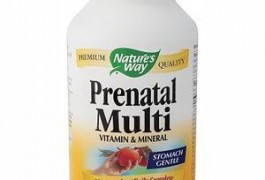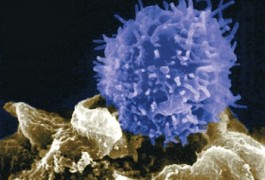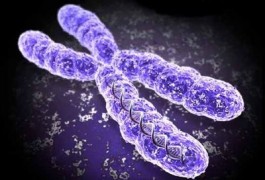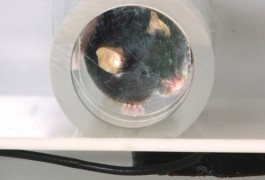Prenatal folate linked to autism
Women who take prenatal vitamins and eat cereal supplemented with folic acid in the early months of pregnancy are less likely to have children with autism compared with women who consume less folate, suggests preliminary data from a survey presented today at the Society for Neuroscience conference.





